06 Apr 18 | Volume 47.01 Spring 2018, Volume 47.01 Spring 2018 Extras
[vc_row][vc_column][vc_column_text][/vc_column_text][/vc_column][/vc_row][vc_row][vc_column][vc_column_text]
The spring 2018 issue of Index on Censorship magazine takes a special look at the abuse of history and how governments and powers alike are manipulating the past across the globe.
In this podcast, we speak with historian Rana Mitter about China’s current historical narrative, broadcaster and historian Bettany Hughes about how memory affects history and giving Cleopatra her dues, as well Omar Mohammed, the man behind Mosul Eye, about the dangers of recording history under Isis.
Print copies of the magazine are available on Amazon, or you can take out a digital subscription via Exact Editions. Copies are also available at the BFI, the Serpentine Gallery, MagCulture, (London), News from Nowhere (Liverpool), Home (Manchester). Each magazine sale helps Index on Censorship continue its fight for free expression worldwide.
[/vc_column_text][/vc_column][/vc_row][vc_row][vc_column width=”1/3″][vc_custom_heading text=”The Abuse of History”][vc_column_text]The spring 2018 issue of Index on Censorship magazine takes a special look at how governments and other powers across the globe are manipulating history for their own ends
With: Simon Callow, David Anderson, Omar Mohammed [/vc_column_text][/vc_column][vc_column width=”1/3″][vc_single_image image=”99222″ img_size=”medium”][/vc_column][vc_column width=”1/3″][vc_custom_heading text=”Subscribe”][vc_column_text]In print, online. In your mailbox, on your iPad.
Subscription options from £18 or just £1.49 in the App Store for a digital issue.
Every subscriber helps support Index on Censorship’s projects around the world.
 SUBSCRIBE NOW[/vc_column_text][/vc_column][/vc_row]
SUBSCRIBE NOW[/vc_column_text][/vc_column][/vc_row]
05 Apr 18 | News and features, Volume 47.01 Spring 2018 Extras
[vc_row][vc_column][vc_row_inner][vc_column_inner][vc_column_text]

The spring 2018 issue The Abuse of History focuses on governments and powers alike manipulating history across the globe.
[/vc_column_text][/vc_column_inner][/vc_row_inner][/vc_column][/vc_row][vc_row][vc_column][vc_column_text]
In the spring 2018 issue of Index on Censorship magazine, we feature a special report on The Abuse of History, focusing on how governments and powers alike across the globe are manipulating history. See how brainy you are by taking our quiz, based on articles featured in the magazine.
Which country recently called on Japan to pay more to support former comfort women (women forced into prostitution by the Japanese army)?
Wendy Doniger’s book The Hindus: An Alternative History, was recently withdrawn from circulation in India after pressure from the government because it was:
What year was the Kingdom of Yugoslavia formed?
In Turkey, where are people banned from talking about the expulsion and killing of Armenians that took place during World War I?
What year did the protests of Tiananmen Square occur?
Which Chinese emperor famously buried alive a group of Confucian scholars?
Which country has recently passed a “Holocaust law”?
Which one of Anthony Beevor’s books was recently banned in Ukraine?
Which country is reintroducing history into its syllabus after being taken off the curriculum in 1994?
In which Caribbean country is there a decapitated statue of Joséphine de Beauharnais (the first wife of Napoleon Bonaparte)?
Who had real free speech in the Tudor court?
Take the quiz now
You got {{userScore}} out of {{maxScore}} correct
{{title}}
{{image}}
{{content}}
With: Simon Callow, David Anderson, Omar Mohammed [/vc_column_text][/vc_column][vc_column width=”1/3″][vc_single_image image=”99085″ img_size=”medium” alignment=”center” onclick=”custom_link” link=”https://www.indexoncensorship.org/2017/12/what-price-protest/”][/vc_column][vc_column width=”1/3″ css=”.vc_custom_1481888488328{padding-bottom: 50px !important;}”][vc_custom_heading text=”Subscribe” font_container=”tag:p|font_size:24|text_align:left” link=”url:https%3A%2F%2Fwww.indexoncensorship.org%2Fsubscribe%2F|||”][vc_column_text]In print, online. In your mailbox, on your iPad.
Subscription options from £18 or just £1.49 in the App Store for a digital issue.
Every subscriber helps support Index on Censorship’s projects around the world.
 SUBSCRIBE NOW[/vc_column_text][/vc_column][/vc_row]
SUBSCRIBE NOW[/vc_column_text][/vc_column][/vc_row]
04 Apr 18 | Magazine, Magazine Contents, Volume 47.01 Spring 2018
[vc_row][vc_column][vc_custom_heading text=”With contributions from Omar Mohammed, Mahvash Sabet, Simon Callow and Lucy Worsley, as well as interviews with Neil Oliver, Barry Humphries and Abbad Yahya”][/vc_column][/vc_row][vc_row][vc_column][vc_column_text]
The spring 2018 issue of Index on Censorship magazine takes a special look at how governments and other powers across the globe are manipulating history for their own ends.
In this issue, we examine the various ways and areas where historical narratives are being changed, including a Q&A with Chinese and Japanese people on what they were taught about the Nanjing massacre at school; the historian known as Mosul Eye gives a special insight into his struggle documenting what Isis were trying to destroy; and Raymond Joseph takes a look at how South Africa’s government is erasing those who fought against apartheid.
The issue features interviews with historians Margaret MacMillan and Neil Oliver, and a piece addressing who really had free speech in the Tudor Court from Lucy Worsley.
[/vc_column_text][/vc_column][/vc_row][vc_row][vc_column][vc_single_image image=”99222″ img_size=”full”][/vc_column][/vc_row][vc_row][vc_column][vc_column_text]
We also take a look at how victims of the Franco regime in Spain may finally be put to rest in Silvia Nortes’ article; Irene Caselli explores how a new law in Colombia making history compulsory in school will be implemented after decades of conflict; and Andrei Aliaksandrau explains how Ukraine and Belarus approach their Soviet past.
The special report includes articles discussing how Turkey is discussing – or not – the Armenian genocide, while Poland passes a law to make talking about the Holocaust in certain ways illegal.
Outside the special report, Barry Humphries aka Dame Edna talks about his new show featuring banned music from the Weimar Republic and comedian Mark Thomas discusses breaking taboos with theatre in a Palestinian refugee camp.
Finally, we have an exclusive short story by author Christie Watson; an extract from Palestinian author Abbad Yahya’s latest book; and a poem from award-winning poet Mahvash Sabet.
[/vc_column_text][/vc_column][vc_column][/vc_column][/vc_row][vc_row][vc_column][vc_custom_heading text=”Special report: The abuse of history “][vc_column_text]
A date (not) to forget, by Louisa Lim: The author on why her book about Tiananmen would be well-nigh impossible to research today
Who controls the past controls the future…, by Sally Gimson: Fall in line or be in the firing line is the message historian are receiving from governments around the world
Another country, by Luka Ostojić: One hundred years after the creation of Yugoslavia, there are few signs it ever existed in Croatia. Why?
No comfort in the truth, by Annemarie Luck: It’s the episode of history Japan would rather forget. Instead comfort women are back in the news
Unleashing the past, by Kaya Genç: Freedom to publish on the World War I massacre of Turkish Armenians is fragile and threatened
Stripsearch, by Martin Rowson: Mister History is here to teach you what really happened
Tracing a not too dissident past, by Irene Caselli: As Cubans prepare for a post-Castro era, a digital museum explores the nation’s rebellious history
Lessons in bias, by Margaret MacMillan, Neil Oliver, Lucy Worsley, Charles van Onselen, Ed Keazor: Leading historians and presenters discuss the black holes of the historical universe
Projecting Poland and its past, by Konstanty Gebert: Poland wants you to talk about the “Polocaust”
Battle lines, by Hannah Leung and Matthew Hernon: One battle, two countries and a whole lot of opinions. We talk to people in China and Japan about what they learnt at school about the Nanjing massacre
The empire strikes back, by Andrei Aliaksandrau: Ukraine and Belarus approach their former Soviet status in opposite ways. Plus Stephen Komarnyckyj on why Ukraine needs to not cherry-pick its past
Staging dissent, by Simon Callow: When a British prime minister was not amused by satire, theatre censorship followed. We revisit plays that riled him, 50 years after the abolition of the state censor
Eye of the storm, by Omar Mohammed: The historian known as Mosul Eye on documenting what Isis were trying to destroy
Desert defenders, by Lucia He: An 1870s battle in Argentina saw the murder of thousands of its indigenous people. But that history is being glossed over by the current government
Buried treasures, by David Anderson: Britain’s historians are struggling to access essential archives. Is this down to government inefficiency or something more sinister?
Masters of none, by Bernt Hagtvet: Post-war Germany sets an example of how history can be “mastered”. Poland and Hungary could learn from it
Naming history’s forgotten fighters, by Raymond Joseph: South Africa’s government is setting out to forget some of the alliance who fought against apartheid. Some of them remain in prison
Colombia’s new history test, by Irene Caselli: A new law is making history compulsory in Colombia’s schools. But with most people affected by decades of conflict, will this topic be too hot to handle?
Breaking from the chains of the past, by Audra Diptee: Recounting Caribbean history accurately is hard when many of the documents have been destroyed
Rebels show royal streak, by Layli Foroudi: Some of the Iranian protesters at recent demonstrations held up photos of the former shah. Why?
Checking the history bubble, by Mark Frary: Historians will have to use social media as an essential tool in future research. How will they decide if its information is unreliable or wrong?
Franco’s ghosts, by Silvia Nortes: Many bodies of those killed under Franco’s regime have yet to be recovered and buried. A new movement is making more information public about the period
[/vc_column_text][/vc_column][/vc_row][vc_row][vc_column][vc_custom_heading text=”Column”][vc_column_text]
Global view, by Jodie Ginsberg: If we don’t support those whose views we dislike as much as those whose views we do, we risk losing free speech for all
[/vc_column_text][/vc_column][/vc_row][vc_row][vc_column][vc_custom_heading text=”In focus”][vc_column_text]
How gags can remove gags, by Tracey Bagshaw: Comedian Mark Thomas discusses the taboos about stand-up he encountered in a refugee camp in Palestine
Behind our silence, by Laura Silvia Battaglia: Refugees feel that they are not allowed to give their views in public in case they upset their new nation, they tell our interviewer
Something wicked this way comes, by Abigail Frymann Rouch: They were banned by the Nazis and now they’re back. An interview with Barry Humphries on his forthcoming Weimar Republic cabaret
Fake news: the global silencer, by Caroline Lees: The term has become a useful weapon in the dictator’s toolkit against the media. Just look at the Philippines
The muzzled truth, by Michael Vatikiotis: The media in south-east Asia face threats from many different angles. It’s hard to report openly, though some try against the odds
Carving out a space for free speech, by Kirsten Han: As journalists in Singapore avoid controversial topics, a new site launches to tackle these
[/vc_column_text][/vc_column][/vc_row][vc_row][vc_column][vc_custom_heading text=”Culture”][vc_column_text]
Just hurting, not speaking, by Christie Watson: Rachael Jolley interviews the author about her forthcoming book, why old people are today’s silent community and introduces a short story written exclusively for the magazine
Ban and backlash create a bestseller, by Abbad Yahya: The bestselling Palestinian author talks to Jemimah Steinfeld about why a joke on Yasser Arafat put his life at risk. Also an extract from his latest book, translated into English for the first time
Ultimate escapism, by Mahvesh Sabet: The award-winning poet speaks to Layli Foroudi about fighting adversity in prison. Plus, a poem of Sabet’s published in English for the first time
[/vc_column_text][/vc_column][/vc_row][vc_row][vc_column][vc_custom_heading text=”Column”][vc_column_text]
Index around the world, by Danyaal Yasin: Research from Mapping Media Freedom details threats against journalists across Europe
[/vc_column_text][/vc_column][/vc_row][vc_row][vc_column][vc_custom_heading text=”Endnote”][vc_column_text]
Frightening state, by Jemimah Steinfeld: States are increasing the use of kidnapping to frighten journalists into not reporting stories
[/vc_column_text][/vc_column][/vc_row][vc_row content_placement=”top”][vc_column width=”1/3″][vc_custom_heading text=”The Abuse of History” font_container=”tag:p|font_size:24|text_align:left” link=”url:https%3A%2F%2Fwww.indexoncensorship.org%2F2017%2F12%2Fwhat-price-protest%2F%20|||”][vc_column_text]The spring 2018 issue of Index on Censorship magazine takes a special look at how governments and other powers across the globe are manipulating history for their own ends
With: Simon Callow, Louisa Lim, Omar Mohammed [/vc_column_text][/vc_column][vc_column width=”1/3″][vc_single_image image=”99222″ img_size=”medium” alignment=”center” onclick=”custom_link” link=”https://www.indexoncensorship.org/2017/12/what-price-protest/”][/vc_column][vc_column width=”1/3″ css=”.vc_custom_1481888488328{padding-bottom: 50px !important;}”][vc_custom_heading text=”Subscribe” font_container=”tag:p|font_size:24|text_align:left” link=”url:https%3A%2F%2Fwww.indexoncensorship.org%2Fsubscribe%2F|||”][vc_column_text]In print, online. In your mailbox, on your iPad.
Subscription options from £18 or just £1.49 in the App Store for a digital issue.
Every subscriber helps support Index on Censorship’s projects around the world.
 SUBSCRIBE NOW[/vc_column_text][/vc_column][/vc_row]
SUBSCRIBE NOW[/vc_column_text][/vc_column][/vc_row]
03 Apr 18 | Awards, China, Digital Freedom, Fellowship, Fellowship 2016, News and features
[vc_row][vc_column][vc_video link=”https://youtu.be/aT1dO5oekso”][vc_column_text]

GreatFire are the 2016 Digital Activism Fellow
In a speech given this past February at an invitation-only Index event, Index 2016 Digital Awards Fellow GreatFire asked the audience whether “the global internet is bringing free speech, or is China bringing censorship to the global internet?”
Trying to do its part in bringing free speech to Chinese internet users, the anonymous nonprofit recently launched its Patreon crowdfunding campaign on March 30.
In the wake of the March National People’s Congress, which swept away presidential term limits, and Apple’s deal to have state-owned enterprise Guizhou-Cloud Big Data (GCBD) host its data, the fight against Chinese censorship is facing an uncertain future.
“Xi Jinping wants to make sure that all criticism, at home and abroad, can be silenced,” said Charlie Smith, GreatFire co-founder.
Apple is helping Xi Jinping and the Communist Party do just that, according to Smith. In the February speech, GreatFire said, “China’s Communist Party has surprised everyone by becoming experts at censorship technology.”
Smith wouldn’t be surprised if “Apple shared private user information about Apple customers outside of China with the Chinese authorities, in cases where those users may be ‘stirring up trouble’ against China.”
GreatFire’s February speech also cited that “when pressured by a letter from two US senators last year, Apple admitted to having censored more than 700 apps just in the VPN category.”
“Apple is working hand-in-hand with the Chinese authorities to implement censorship, not just in China, but around the world,” said Smith. “At the moment, this mainly affects Chinese [customers] but the writing is on the wall – all Apple customers will soon find that it will become increasingly more difficult and perhaps impossible to access negative information about the ruling Communist Party and party officials.”
However, Smith hopes other big-name companies like Google will re-enter China’s market without having to censor and not follow Apple’s footsteps. In 2010, Google shut down its operations after Chinese human-rights activists had their Gmails hacked, and the company has yet to come back.
“Google has the technical know-how, the expertise and the money to be able to offer an uncensored version of its search engine to an audience in China,” said Smith. “Google has the power to offer a 100% uncensored service to China’s 700 million plus internet users. If we can do it, they can do it.”
[/vc_column_text][vc_row_inner][vc_column_inner width=”1/4″][vc_single_image image=”98218″ img_size=”medium” onclick=”custom_link” link=”https://www.indexoncensorship.org/2018/03/amazing-banned-memes-china/”][/vc_column_inner][vc_column_inner width=”3/4″][vc_column_text]
[/vc_column_text][/vc_column_inner][/vc_row_inner][vc_row_inner][vc_column_inner width=”1/4″][vc_single_image image=”85698″ img_size=”medium” onclick=”custom_link” link=”https://www.indexoncensorship.org/2017/02/six-sites-blocked-by-chinas-great-firewall”][/vc_column_inner][vc_column_inner width=”3/4″][vc_column_text]
[/vc_column_text][/vc_column_inner][/vc_row_inner][vc_column_text]The February speech also noted that following Google’s departure, “the vast majority of Chinese internet users exclusively use domestic services that are completely controlled by the Communist Party.”
If Google were to re-enter the market without censoring itself, it would destroy “a firewall that is preventing more than 700 million people from freely accessing information [and] would be the most important development in the history since the development of the internet itself,” said Smith.
Unlike his optimism for Google, Smith wishes China had lost Apple to Chinese censorship instead of it mixing its business with GCBD.
“Apple will likely not share transparency reports about requests that the Chinese authorities are making for private information,” said Smith. “People who get detained by the authorities for ‘stirring up trouble,’ which is a common, catch-all description for those who express their displeasure about anything related to the Communist Party, may not even know that they ended up in detention because Apple shared their private information with the authorities.”
With the stage set for the 2022 Winter Olympics in Beijing, journalists, tourists and athletes will be hitting China’s Great Firewall “if companies and individuals do not stand up to [China’s] censorship,” said Smith, adding that “the situation will only get worse.”
Unable to fund its operations directly from Chinese users because of official intimidation, GreatFire’s Patreon launch looks to individuals for financial help, hopefully shifting itself away from reliance on funding organisations.
Because “most internet freedom funding is for shiny new things,” GreatFire is utilizing Patreon to fund its ongoing projects and not new ones, said Smith. Patreon, a member-subscription platform to generate funds for content creators, will allow GreatFire to maintain its existing sites and continue to combat China’s Great Firewall.[/vc_column_text][/vc_column][/vc_row][vc_row][vc_column][vc_basic_grid post_type=”post” max_items=”4″ element_width=”6″ grid_id=”vc_gid:1522746056610-05bb1437-96d7-5″ taxonomies=”8199″][/vc_column][/vc_row]
![]() SUBSCRIBE NOW[/vc_column_text][/vc_column][/vc_row]
SUBSCRIBE NOW[/vc_column_text][/vc_column][/vc_row]
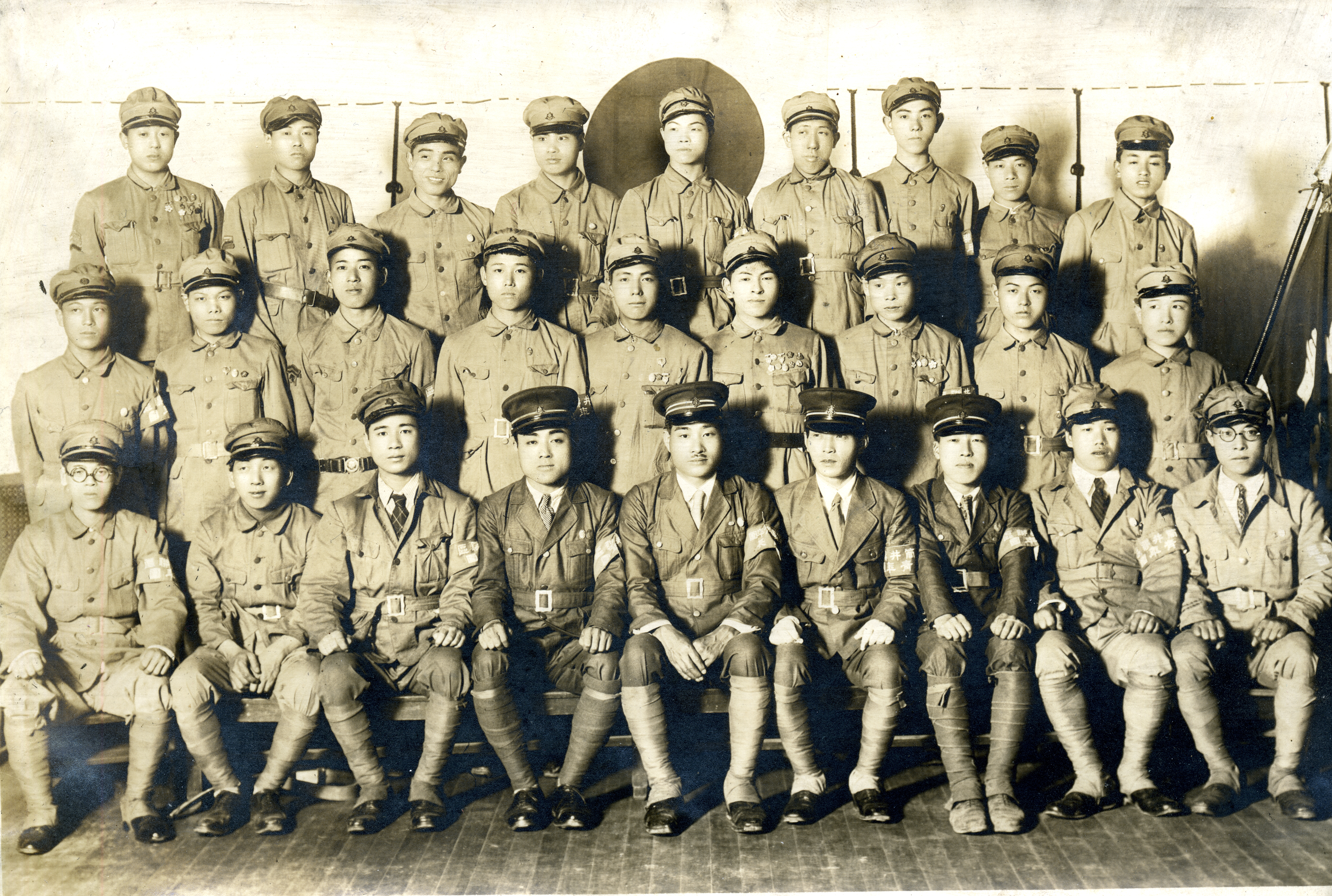
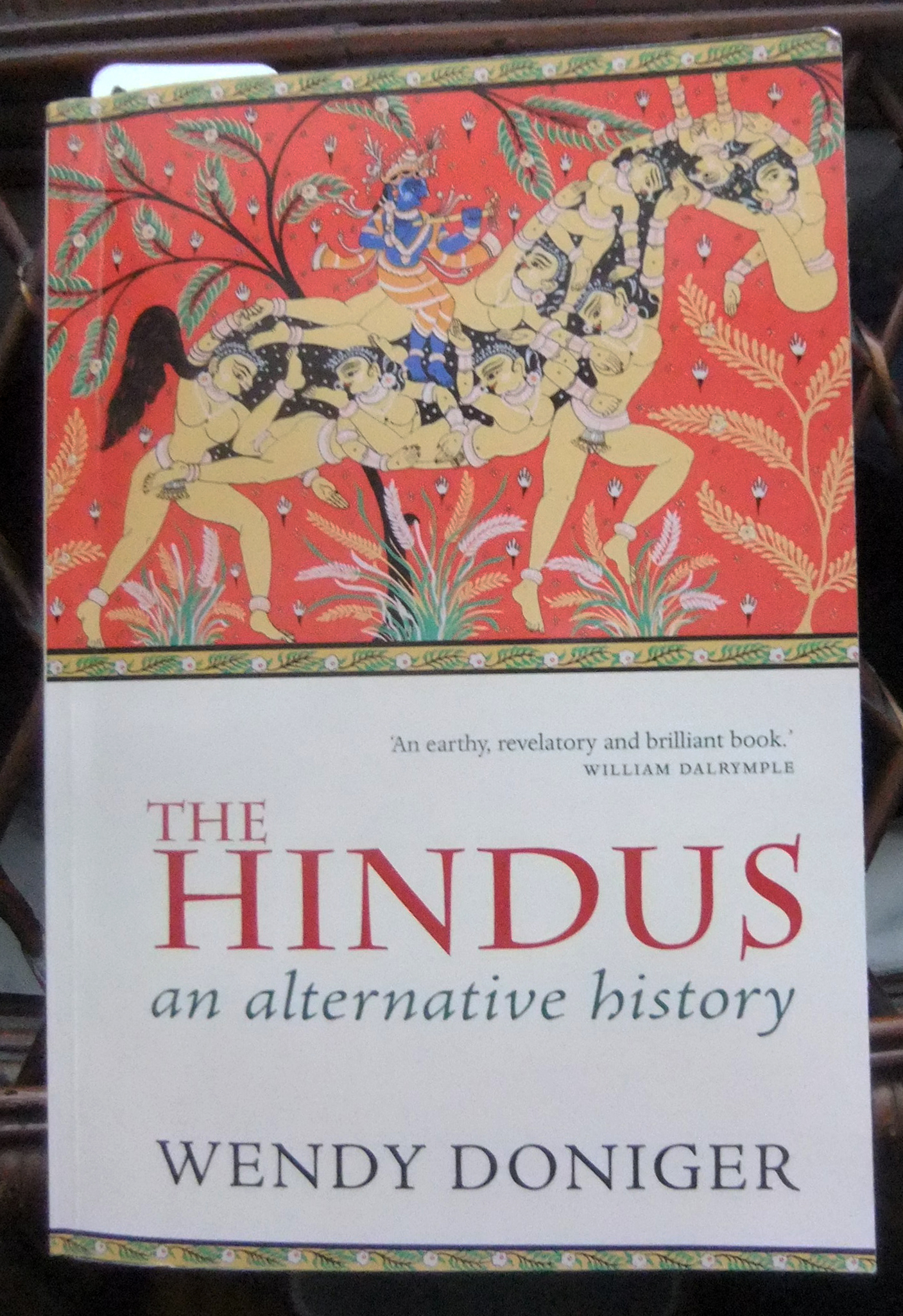
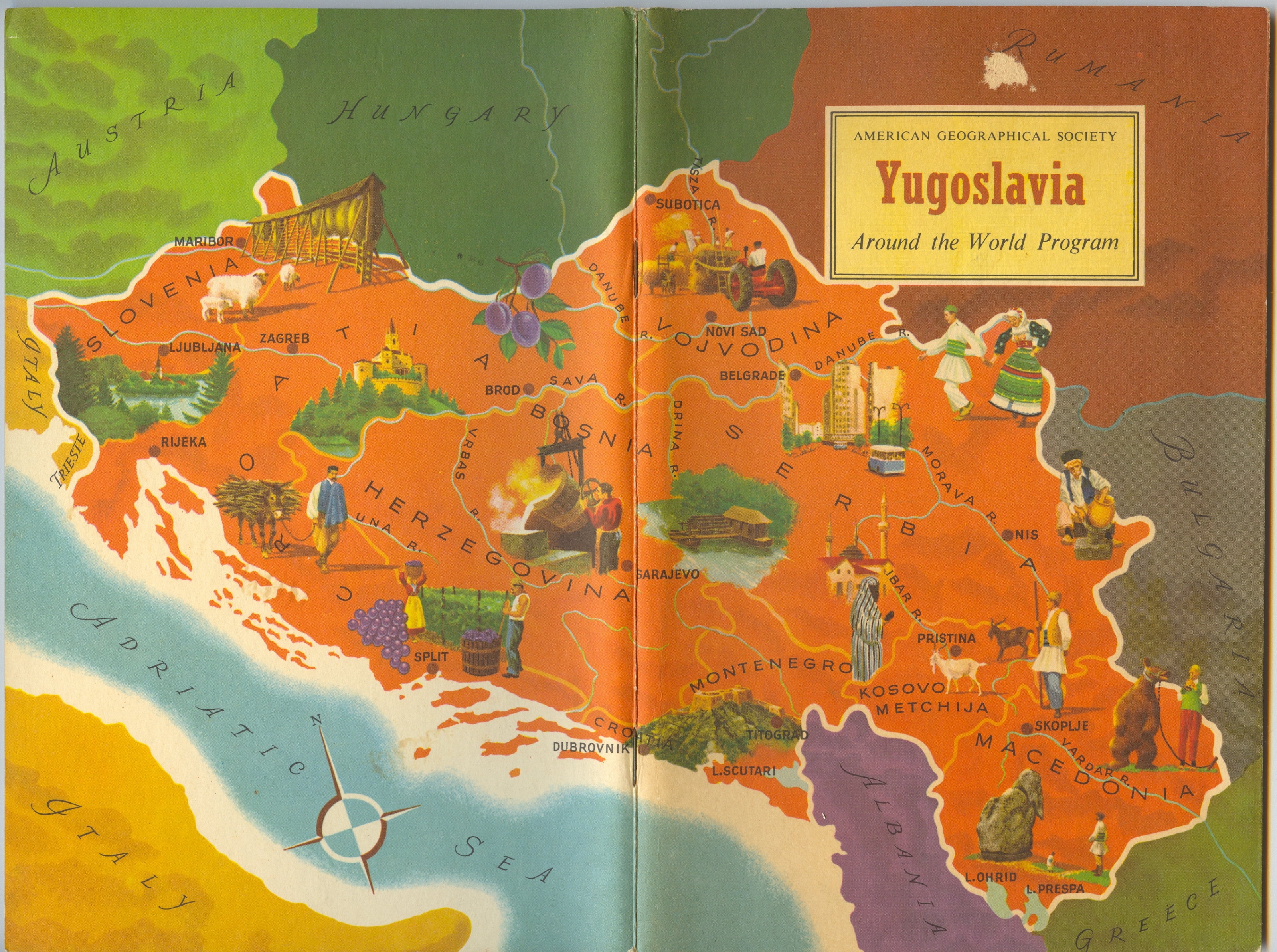

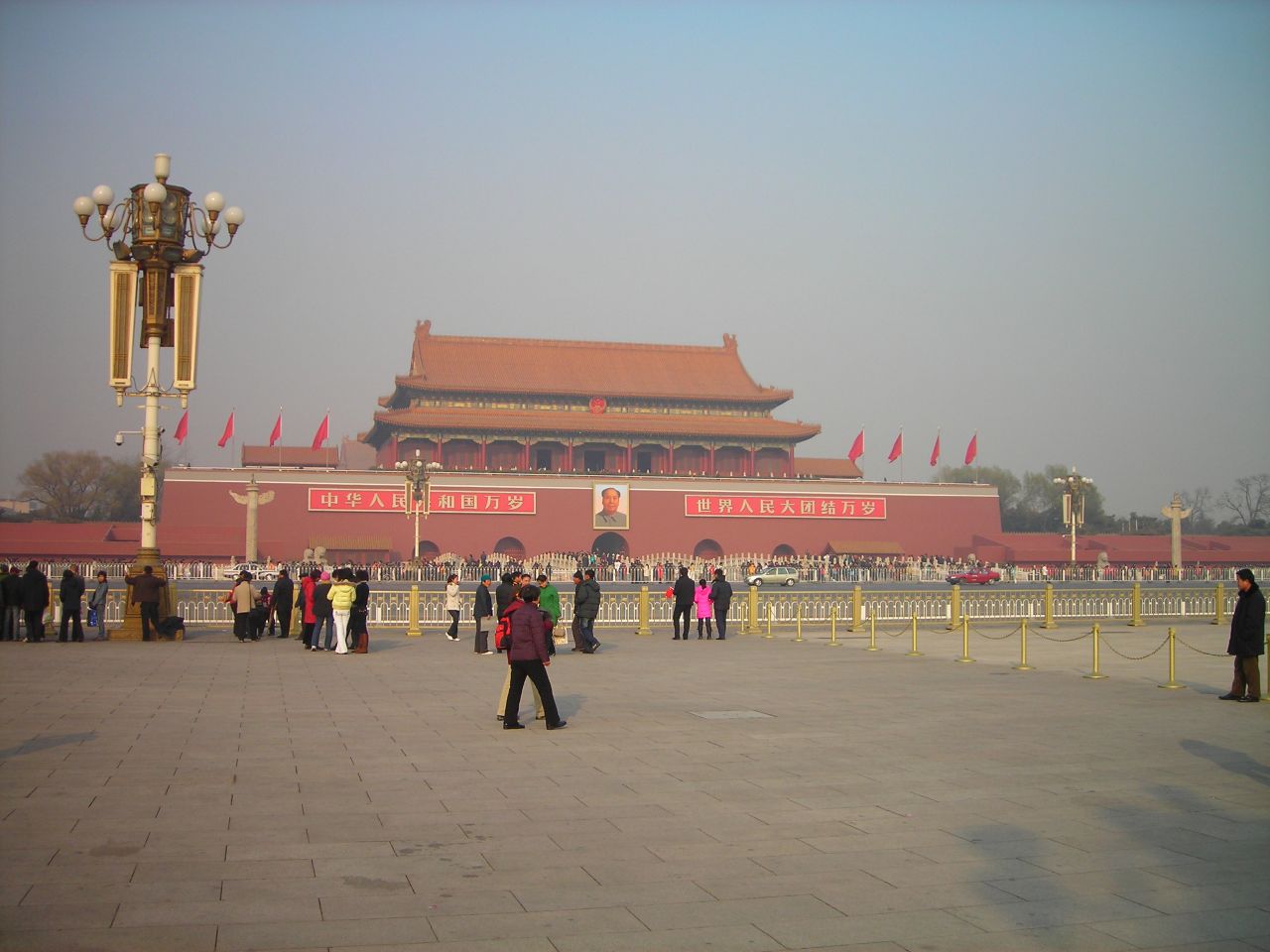



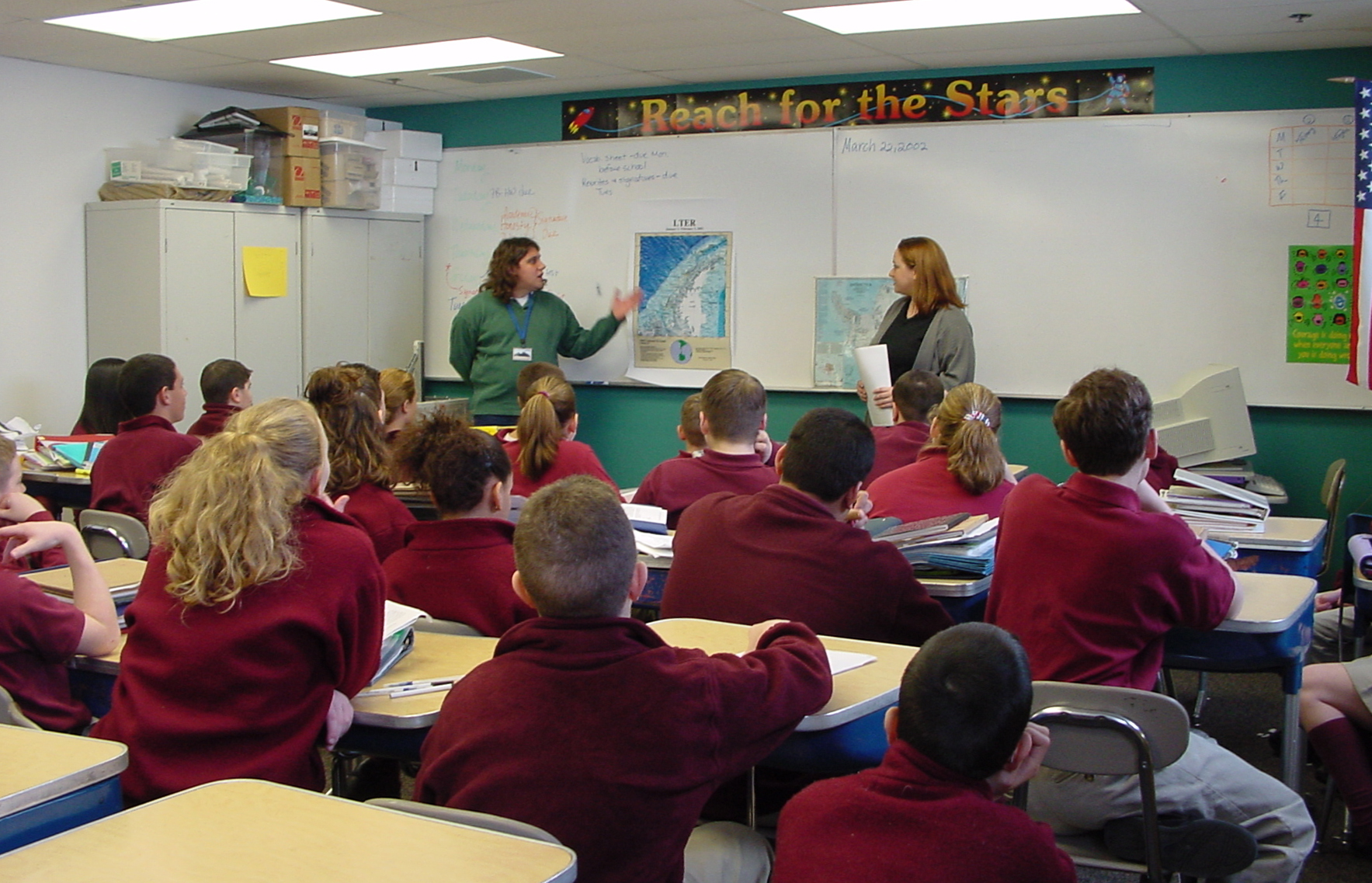


![]() SUBSCRIBE NOW[/vc_column_text][/vc_column][/vc_row]
SUBSCRIBE NOW[/vc_column_text][/vc_column][/vc_row]![]() SUBSCRIBE NOW[/vc_column_text][/vc_column][/vc_row]
SUBSCRIBE NOW[/vc_column_text][/vc_column][/vc_row]